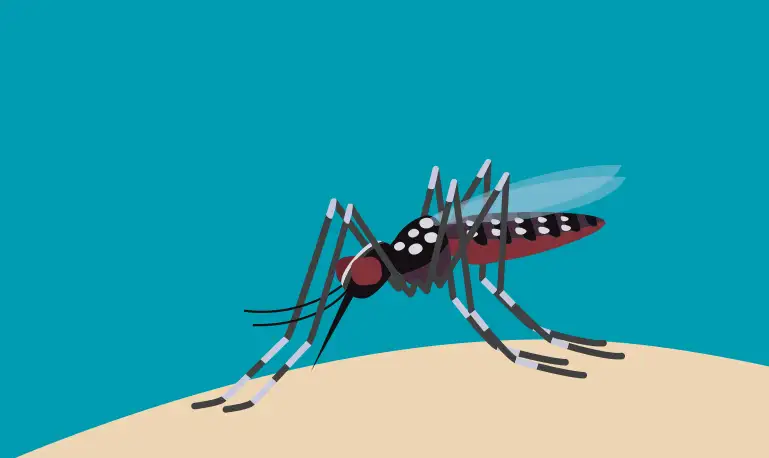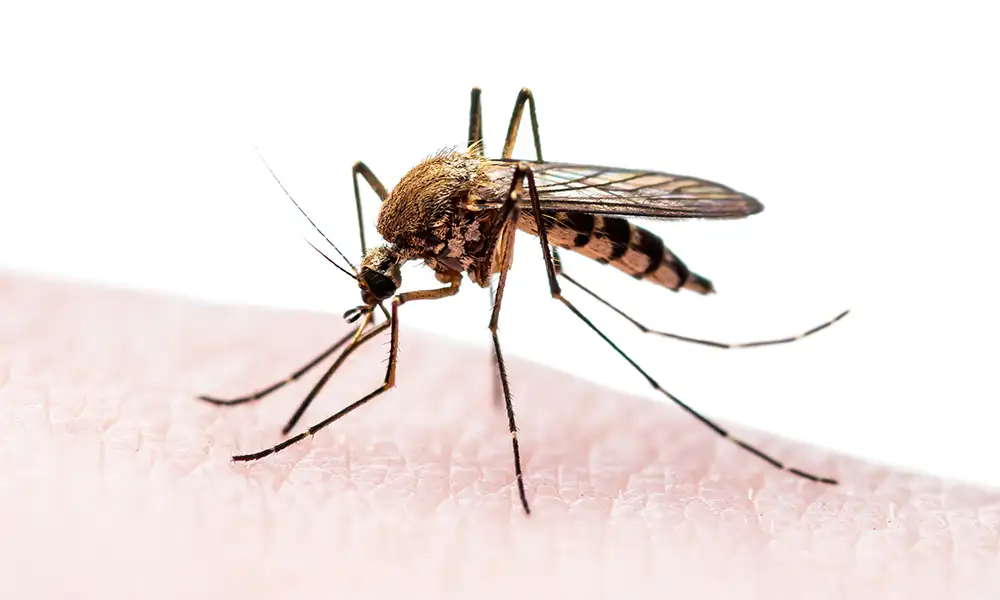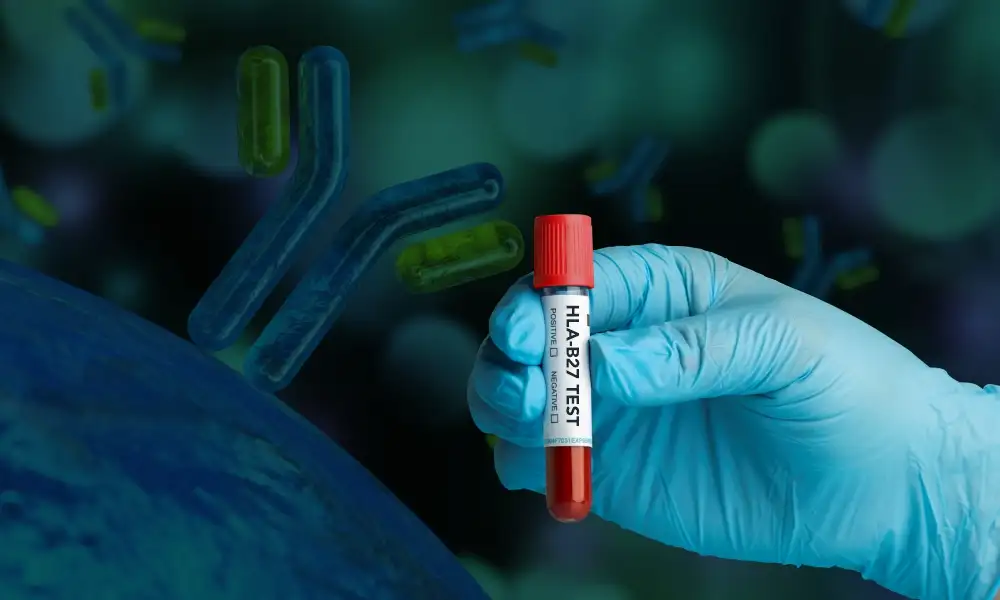Food Allergy and Intolerance - Causes, Signs & Symptoms
- May 23,2022
- 2 Min Read

Food allergy is an immune system reaction that occurs soon after eating a certain food.
WHAT CAUSES A FOOD ALLERGY?
When you have a food allergy, your immune system mistakenly identifies a specific food or a substance in food as something harmful. In response, your immune system triggers cells to release an antibody known as immunoglobulin E (IgE) to neutralize the allergy-causing food.
SYMPTOMS
The severity of the allergic reaction to a food item can vary widely from person to person.
- For some people, an allergic reaction may be uncomfortable but not severe.
- For others, an allergic food reaction can be frightening and even life-threatening.
Food allergy symptoms usually develop within a few minutes to 2 hours after eating the offending food.
The most common food allergy signs and symptoms include:
- Tingling or itching in the mouth
- Hives, itching or eczema
- Swelling of the lips, face, tongue and throat or other parts of the body
- Wheezing, nasal congestion or trouble breathing
- Abdominal pain, diarrhea, nausea or vomiting
- Dizziness, light headedness or fainting
In some people, a food allergy can trigger a severe reaction called ANAPHYLAXIS. The symptoms of this life-threatening reaction include:
- Constriction and tightening of the airways
- A swollen throat or the sensation of a lump in your throat that makes it difficult to breathe
- Shock with a severe drop in blood pressure
- Rapid pulse
- Dizziness, lightheadedness or loss of consciousness
Anaphylaxis is a medical emergency – if untreated, it can cause a coma or even death.
IS FOOD ALLERGY THE SAME THING AS FOOD INTOLERANCE?
NO!
A true food allergy affects the immune system. Even small amounts of the offending food can trigger a range of symptoms, which can be severe or life-threatening.
However, a food intolerance often affects only the digestive system and causes less serious symptoms. In food intolerance, you may be able to eat small amounts of the offending food without trouble.
Causes of food intolerance include:
- Absence of an enzyme needed to fully digest a food (example - lactose intolerance)
- Irritable bowel syndrome
- Sensitivity to food additives
MOST COMMON FOOD ALLERGIES
- Milk (cow’s milk, goat’s milk etc.)
- Eggs
- Soya bean
- Legumes
- Shellfish
- Wheat
- Peanuts
- Corn
Suburban Diagnostics offers comprehensive food allergy panels which can detect the cause of your food allergy from a single blood draw.
Want to book a test? Fill up the details & get a callback
Most Viewed
Premarital Health Screening
- 20 Min Read
Typhoid - Signs and Symptoms
- 3 Min Read
Home Isolation Guidelines - Covid-19 Care
- 5 Min Read
HLA B27 Detection: Flow Cytometry & PCR
- 1 Min Read














